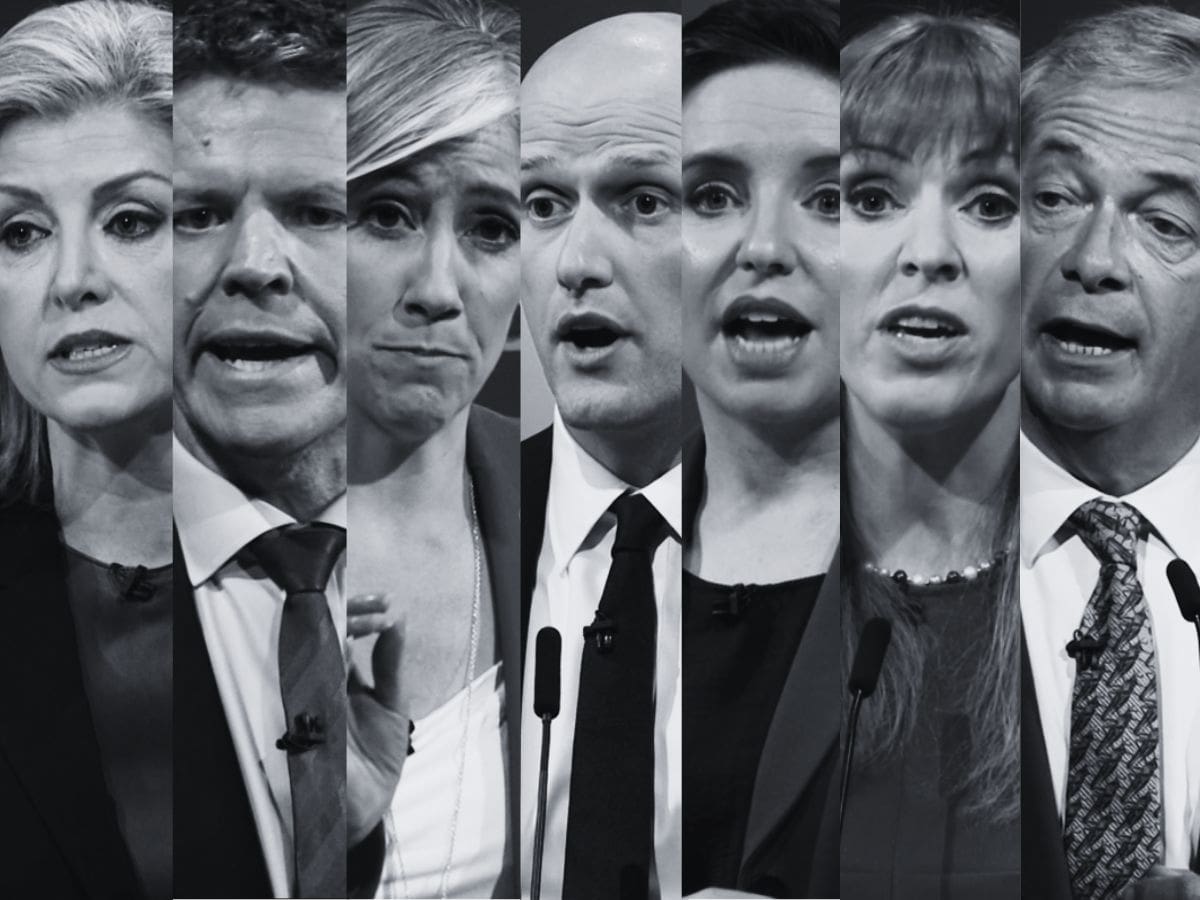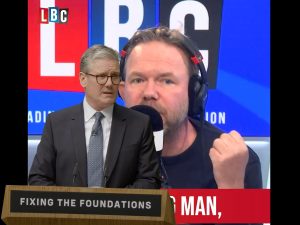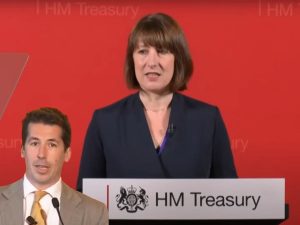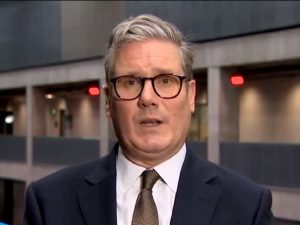On Friday 7 June, seven representatives from seven political parties thrashed it out in the second televised debate – the BBC debate – for the general election 2024. But did we get politics? Or was this a televised exposure of the seven deadly sins that currently exist in UK politics?
Pride
The pride that is displayed in UK politics is very clear to see from all parties – either defending their previous or future policies or boosting their parties’ current reputation. Friday’s BBC debate saw Penny Mordaunt from the Conservative Party as perhaps the worst offender, defending the indefensible: saying what they have done NHS has worked (it hasn’t) and blaming the pandemic for waiting lists, while talking about furlough.
Greed
After living under austerity for now 14 years the personal greed that resonates from the Tories has already been obvious. However, the BBC debate showed it even more – and also how Labour are now little more than self-serving careerists. Mordaunt was consistently talking over the Labour Party’s Angela Rayner amongst others throughout the debate – including host Mishal Husain herself. Not to be outdone, Rayner did similar – leading to Green Party co-leader Carla Denyer to sarcastically say “well, that was terribly dignified”, to applause from the audience.
Lust
All politicians lust after power – however much they claim to the contrary. The prime example of this was when Husain reminded Lib Dems deputy leader Daisy Cooper on the BBC debate that her party was, of course, in cahoots with the Tories in government for five years – scandalously dropping their own pledge NOT to increase tuition fees, and infamously backing more attacks on chronically ill and disabled benefits in return for a 5p charge on carrier bags. Oh, and of course you had the very obvious sight of Reform’s Nigel Farage lusting after Tory votes.
Envy
Oh, what a tangled web we weave – even sometimes upon ourselves. Rayner, previously one of Jeremy Corbyn’s most allegedly staunchest allies, has become quite the worm that turned. However, even she must have been slightly envious of the impressive sermon the SNP’s Westminster leader Stephen Flynn gave about the positives of immigration on the BBC debate. There was probably a bit of envy from Husain, as well – wishing she was Victoria Derbyshire, or anyone else who could have actually keep control of the debate – because she repeatedly lost control like a bad school teacher.
Gluttony
Take the literal meaning of gluttony, then apply it to Westminster politics, and what do you have? The Tories gobbling up all the funding for the London and the south of England – leaving the rest of the UK hungry. Flynn rightly showed during the BBC debate how everything goes back to Westminster for it to gobble up, leaving Welsh and Scottish devolved governments struggling. Oh, and speaking of gluttony, it seems Farage wants to keep all the BBC debates to himself – after his 37 appearances on Question Time.
Wrath
Farage was wrath, personified, on the BBC debate Apparently, giving the NHS more money doesn’t work and that the model of NHS is completely wrong. After all, he knows best – saying it should be managed like a private company with people paying insurance. Of course, this has nothing to do with his personal experience. Spoiler: it does, as he claimed in 2015 the NHS “almost killed” him. However, on immigration and his angry claims that its responsible for EVERYTHING that’s wrong in the country – we can’t pinpoint any other reason for his wrath than that he’s a big, fat, racist.
Sloth
There was a lot of sloth on the BBC debate – and not all of it intentional. For example, on defence the Lib Dems’ Cooper reiterated word-for-word the same pledges as Labour had made – showing there’s not really a fag paper between them. More broadly, where we are unfortunately so used to the political bravado, we didn’t really hear much from Denyer or Plaid Cymru’s Rhun ap Iorwerth. The fact they couldn’t get a word in (or rather, Husain rarely let them) it appeared almost sloth-like. Speaking of sloth, it took an hour for someone to mention disabled people, and that was Cooper – while Farage used the lazy trope “people choosing not to work” to refer to the community.
The warnings are there. We see the political red flags, but do we ignore them?
So, from ancient writings to our modern day politics, the BBC debate has shown us that not only have we not really evolved much as a society over thousands of years, our politicians and potential leaders aren’t going to be evolving anytime soon either.
We are still subjected to the same seven deadly sins by all seven of our potential political leaders that held society back thousands of years ago. That doesn’t appear to be changing at this general election.
Feature image via BBC iPlayer




